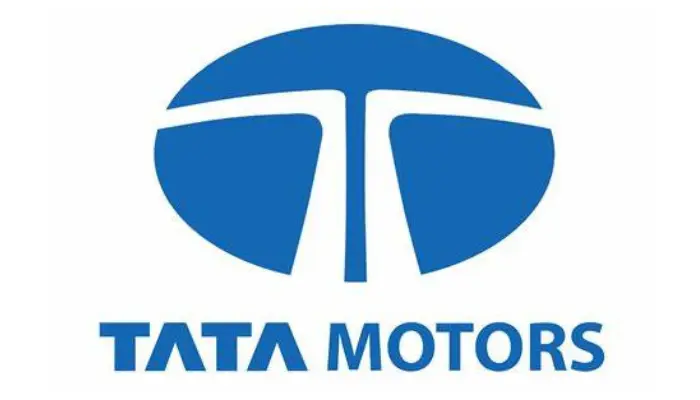When it comes to purchasing business properties or land, a commercial mortgages is a likely source of finance. It’s a different product than a domestic mortgage, it can also be used to refinance a business, and there are specialist commercial mortgage lenders, so read on to learn all you need to know about commercial mortgages.
Commercial Mortgages
If you’re looking to finance the acquisition of business investments, be it a shop, premises, or even buy-to-let property, a commercial mortgage might be the product you need. The loan is secured against the premises or business, and it cannot be residential. However, it can be fully commercial or mixed-use as well as land. The criteria used to determine whether the lender will finance your business is different from that used for domestic properties. It tends to be assessed on a per-case basis where the lender will assess the financial risk. This is more flexible than domestic mortgages, which are determined by limited criteria.
Key Points of Commercial Mortgages
- Investing in commercial properties is often more lucrative and has a better yield than domestic property.
- You can deduct the interest paid from your taxes.
- Commercial mortgages can cover 25 years which is better than short-term finance or bridging loans.
- You will benefit if the property value increases.
- Anyone can apply provided they have the deposit and can demonstrate the security.
However, there are some downsides:
- The financial conduct authority doesn’t always regulate commercial lenders.
- Failure to keep up your mortgage repayments can lead to the asset being repossessed.
- There are set-up costs that don’t apply to domestic mortgages.
- Generally, residential mortgages have a higher loan-to-value (LTV).
Types of Commercial Mortgage
Some of the terms relating to commercial mortgages are like those of domestic mortgages. For example, you could have an interest, only commercial mortgage or a capital repayment commercial mortgage. They are generally offered as a fixed rate deal between two and five years, which means that your payments do not go up if the Bank of England base rate increases, but equally, you do not benefit if it goes down. Therefore, they are also available as a variable rate commercial mortgage, and you will pay different amounts depending on interest rate changes.
Commercial investment mortgages will be offered if the property is being purchased for a different business to trade from, a kind of buy-to-let for businesses. Owner-occupied commercial mortgage brokers are offered where you will be running your business from the premises you are trying to mortgage.
Commercial Mortgage Fees
As well as committing to affording the monthly payment, setting up a commercial mortgage comes with quite a lot of fees.
- The lender arrangement fee is generally between 1% to 2%
- Broker fees which start at 1% of the loan amount
- The valuation fee is the same as residential mortgages, where a surveyor carries out an inspection.
- The legal fees, again, are very similar to residential mortgages, but commercial mortgages do tend to be more expensive. They should be able to provide a quote in advance.












